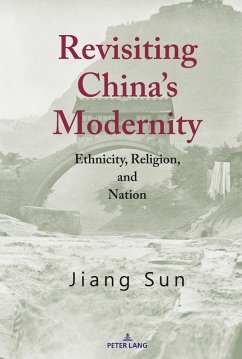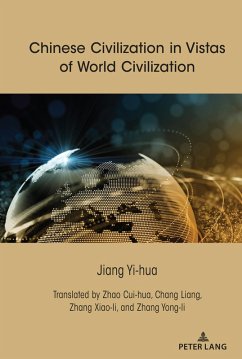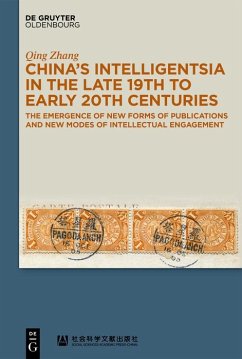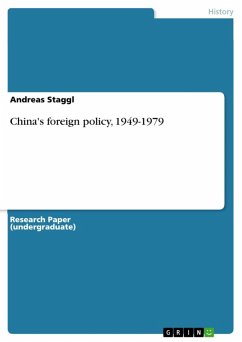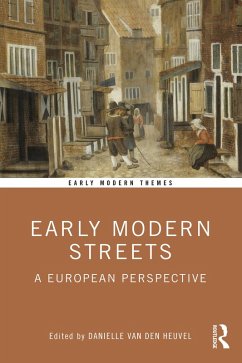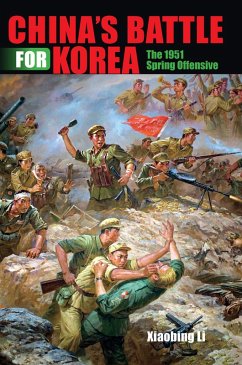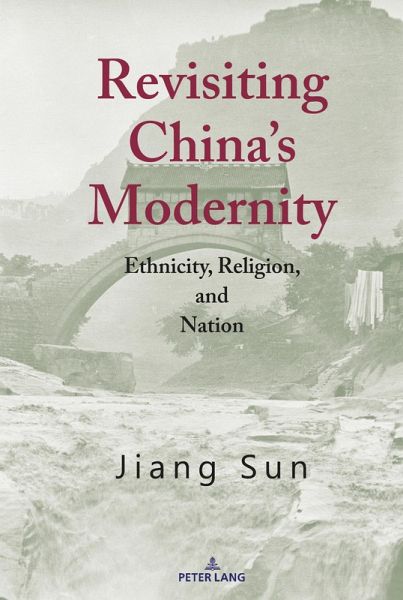
Revisiting China's Modernity (eBook, ePUB)
Ethnicity, Religion, and Nation
Versandkostenfrei!
Sofort per Download lieferbar
Statt: 116,50 €**
89,95 €
inkl. MwSt.
**Preis der gedruckten Ausgabe (Gebundenes Buch)
Alle Infos zum eBook verschenkenWeitere Ausgaben:

PAYBACK Punkte
45 °P sammeln!
Investigating the nature of Chinese modernity from the perspectives of social and intellectual history and inspired by Benedict Anderson's Imagined Communities, this book reveals the ambiguity of nation as a modern concept and opens up a new possibility for the turn of China's national narratives. The definitions of nation as either an imagined community or an entity with a substantive cultural origin are both partially wrong in the Chinese context, since China had its distinctive socio-cultural system in pre-modern times and the binary mode of nationality is inadequate to interpret the comple...
Investigating the nature of Chinese modernity from the perspectives of social and intellectual history and inspired by Benedict Anderson's Imagined Communities, this book reveals the ambiguity of nation as a modern concept and opens up a new possibility for the turn of China's national narratives. The definitions of nation as either an imagined community or an entity with a substantive cultural origin are both partially wrong in the Chinese context, since China had its distinctive socio-cultural system in pre-modern times and the binary mode of nationality is inadequate to interpret the complexity of Chinese society. In light of this complexity, this work explores the relationship between the Manchus and the Han Chinese throughout the Qing dynasty, examines the transmission and reproduction of modern knowledge, particularly that of race and nation, on the ground of China's reactions to the Western influence, and discusses how the supra-nationalist discourse of various religions succumbed to the homogenizing nature of nation state in modern China. To depict a general picture of "Chinese modernity" and avoid the risk of oversimplification, the author combines the methodology of social history with that of intellectual history, abandoning the East-West binary opposition and grouping all ten chapters into three parts that respectively approach Chinese modernity from a specific perspective. On this basis, it can be concluded that Chinese modernity, as a form of new knowledge, is produced out of the combination of a forward-thinking viewpoint and a fantasy about the modern age, which constitutes an inevitable path to China's "national liberation" from the entanglement of ethnicity and cultural traditions.
Dieser Download kann aus rechtlichen Gründen nur mit Rechnungsadresse in A, D ausgeliefert werden.




